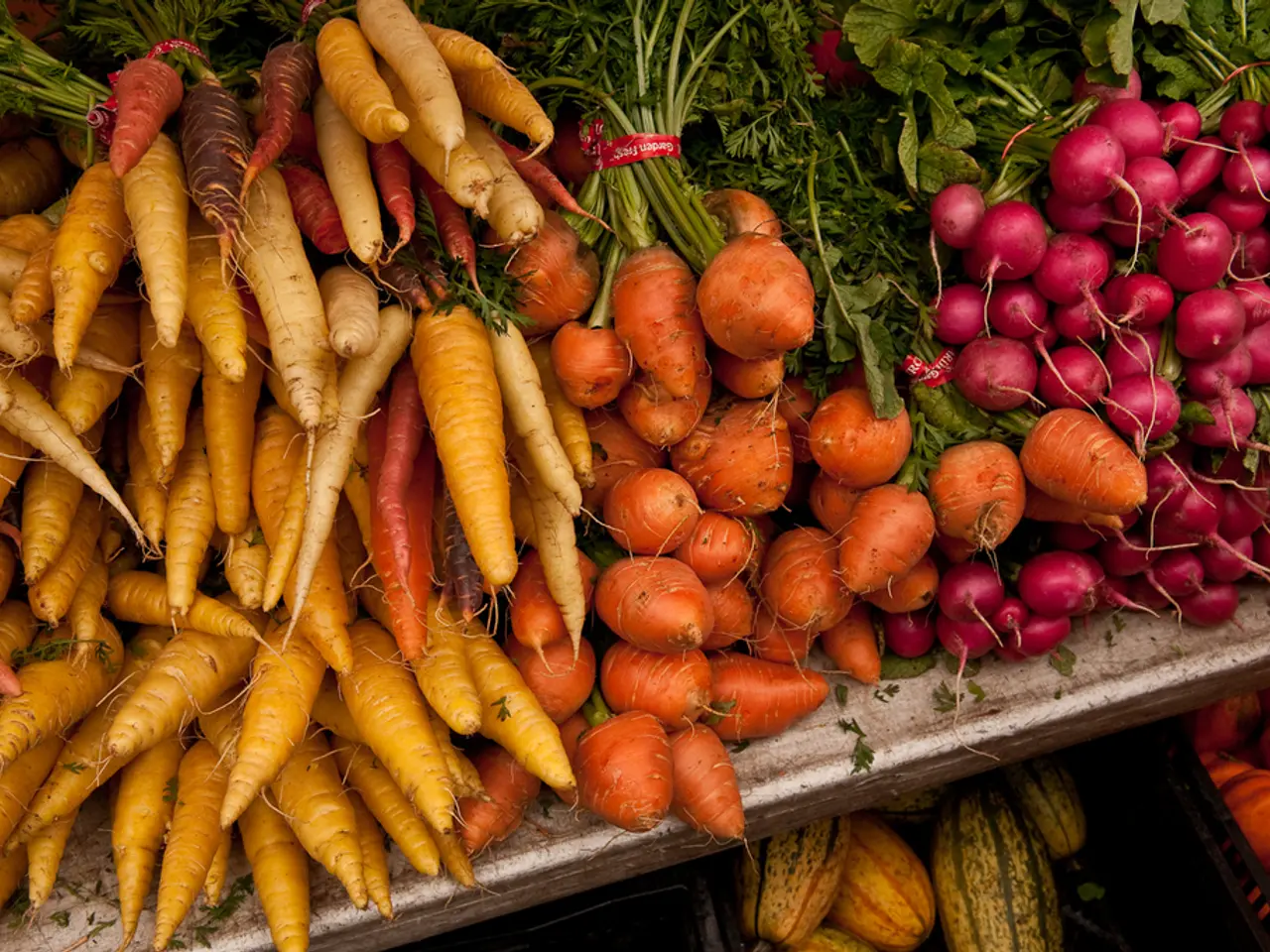Detailed Methods for Growing Vegetables in a Garden at Home
In the world of organic vegetable gardening, the foundation is undoubtedly the soil. Understanding different soil types and employing various techniques to improve soil quality is essential for a thriving garden. This article will delve into the methods that promote natural soil enhancement, fostering a healthy environment for your vegetables to flourish.
The techniques for enhancing soil quality are manifold. Composting, mulching, and crop rotation are among the most popular methods. Compost adds nutrients and improves soil structure, while mulching retains moisture and suppresses weeds. Crop rotation helps balance nutrients and reduce pests by alternating plant families and types.
The key ingredients for healthy soil are compost, worm castings, bone meal, and green manure. Compost improves soil structure, moisture retention, and microbial life, while worm castings contain high nutrients and benefit seed starting or top dressing soil. Aged manure enriches nitrogen but requires full decomposition to avoid plant damage, and green manure adds organic matter and nutrients.
Mineral amendments like bone meal provide phosphorus for root growth, and rock dust can replenish trace minerals. Biochar and mycorrhizal fungi inoculants support soil health and nutrient cycling. Cover crops, such as crimson clover, vetch, and rye, can be grown in off-seasons and then incorporated into the soil to boost organic matter and nitrogen availability naturally.
Crop rotation prevents nutrient depletion and maintains soil health by alternating plant families and types to reduce pests and diseases. Vegan organic gardening emphasizes plant-based compost, green waste compost, and mineral amendments to build healthy, fertile soil without animal products, thus enhancing sustainability and biodiversity.
Effective pest control in organic vegetable gardening involves natural methods. Homemade sprays with water and dish soap can suffocate soft-bodied insects, while Neem oil can be used as a natural pesticide to control a variety of pests. Diatomaceous earth is a natural powder that can deter crawling insects. Companion planting involves planting certain flowers and herbs alongside vegetables to repel pests.
A pest management plan is crucial for effective pest control. This plan should include monitoring, identifying, choosing methods, applying treatments, and evaluating for successful pest control. Regularly testing soil pH and nutrient levels helps tailor amendments. Ideal vegetable garden soil pH ranges from 6.0 to 7.0, adjustable by natural products like elemental sulfur or pine needles.
Preparing the soil is a vital step in organic vegetable gardening. Loosen the soil and mix in compost before planting seeds. Use a seed spreader to plant seeds evenly, and choose a location that gets plenty of sunlight and has good soil drainage. The garden trowel is an indispensable tool for digging small holes for seeds, and the watering can keeps your plants hydrated.
Harvesting your vegetables is a rewarding experience. Look for color changes, firmness, and size to determine when to harvest. Monitoring your plants regularly for signs of pests is crucial for effective control. With these techniques and a well-thought-out pest management plan, you can cultivate a thriving organic vegetable garden.
- To ensure a healthy gardening lifestyle, implementing techniques such as composting, mulching, and crop rotation enhances soil quality, fostering a thriving environment for your fruits and vegetables.
- In organic gardening, key ingredients like compost, worm castings, bone meal, and green manure are essential for improving soil structure, nutrient content, and overall fertility.
- By incorporating cover crops in off-seasons, such as crimson clover, vetch, and rye, gardeners can boost organic matter and nitrogen availability without relying on chemical fertilizers.
- For a balanced lifestyle that combines health-and-wellness, fitness-and-exercise, and home-and-garden, gardening practices like organically managing pests, testing soil conditions, and preparing the soil correctly lead to a thriving, sustainable, and productive vegetable garden.



